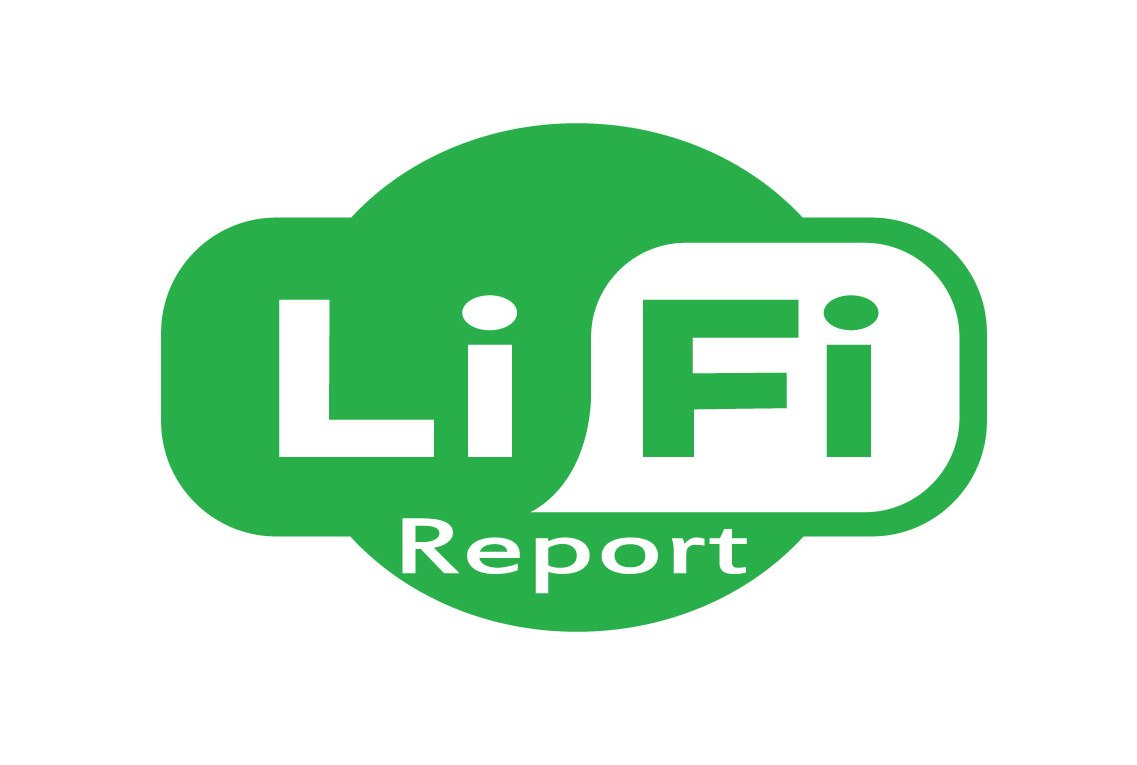A Signifycant Issue with LiFi
LiFi is a wireless optical networking technology that uses LEDs for data transmission. It is essentially a way to receive wireless Internet that is different from Wi-Fi. LiFi acquired its name due to the similarity to Wi-Fi, only using light frequency instead of radio frequency. Dr. Harald Haas first coined the term in a TED talk in 2011 and the technology has received much attention and hype.
Last month your humble editor spent a week in France learning about LiFi. Why France? Many of the LiFi companies are either based in Paris or have offices near there. Also, as I learned, LiFi technology requires much mathematics and France is known for their mathematical prowess with many Nobel Prize winners in mathematics coming from France. Who knew!
In 2019, LiFi will still not be ready for prime time, but it is very close. There is one significant issue that continues to prevent LiFi from becoming mainstream, and that is the lack of agreed upon standards. In France, I personally visited Oledcomm, Zero1lux, Lucibel, as well Eric Cohen who runs the Global LiFi Congress. As a result of these meetings, it is my conclusion that LiFi will not take off until the device manufacturers begin to shrink the receiver and build it into laptops, tablets and phones and they are not likely to do that until there is a unified standard. It’s worth mentioning here that Apple has loaded LiFI drivers into their iOS software, but that was with iOS 9.1 in January 2016 and has never been mentioned since.
There are four leaders in the core technology: pureLiFi, Signify, Oledcomm, and VLNcomm. pureLiFi used to be pureVLC. Signify used to be Philips Lighting, and Oledcomm has nothing to do with OLED’s. There are other companies that sell LiFi-enabled luminaires such as Lucibel, Linmore LED, Zero1lux and LumEfficient (owned by Randy Reid). Lucibel uses core technology from pureLiFi, but have their own technology for OCC (optical camera communication.)
pureLiFi has been working on a standard and has had success with IEEE 802.11. Lucibel, VLNcomm and Oledcomm support the IEEE standard. Several other important companies have also signed off including Cisco, Osram, Zumtobel, Boston University, Ushio, Honeywell and Nokia. Signify has not. Why not?
I interviewed Roger Karner, U.S. President of Signify, at LIGHTFAIR in May, and we discussed LiFi in detail and the important leadership role that Signify plays. I asked Roger if Signify would follow the LiFi standard and he was non-committal.
We also reached out to Ed Huibers, the Head of Business Development for Signify’s LiFi Systems. While we had a great discussion regarding the current status of LiFi, he would not comment on Signify’s position regarding the IEEE standard.
Philips Lighting, now Signify, has had huge success with their LED patent enforcement arm and EdisonReport has covered many of those stories. Signify earns a nice royalty on many, if not most, of the LED luminaires sold in North America. Perhaps this is part of their strategy with LiFi.
Is Signify strong enough to convert the entire industry to their standard? Time will tell. Meantime they are not doing our industry any favors.
